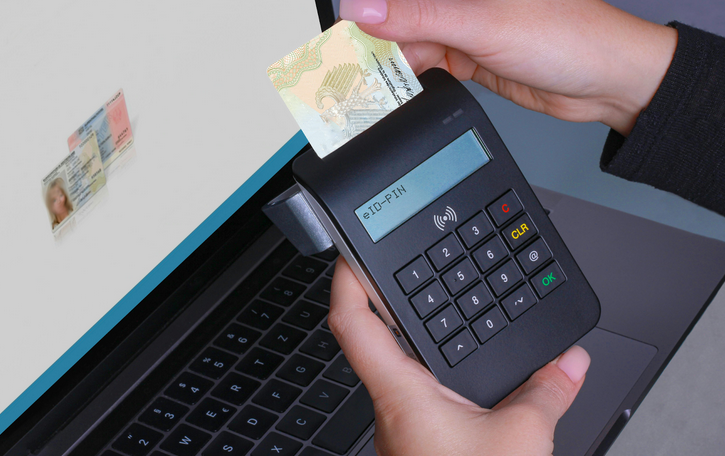Are consumers tired of sharing their ID online?
August 7, 2025

For years, digital platforms have asked users to hand over increasing amounts of personal data. Whether it’s uploading documents, taking selfies, or answering security questions, the process has gone from a simple email and password to what often feels like an invasive identity check. While these steps are meant to reduce fraud and meet regulatory requirements, many users are beginning to question whether the trade-off is worth it. In sectors such as finance and streaming, people have shown clear signs of fatigue when it comes to constant identity checks. They want quick access without being asked to repeatedly prove who they are.
One clear example of this shift is the growing popularity of platforms that remove traditional sign-up hurdles. These services appeal to users who want to engage without going through lengthy registration processes or sending in ID documents. Among these services are no verification casinos, offering instant access as a key benefit. People can deposit, play, and withdraw using payment systems that don’t require identity checks. There’s also a clear benefit for those who value privacy and prefer not to store their personal data across multiple websites. These casinos reflect a wider consumer push towards fewer barriers and more control over their data.
This trend is also reshaping how streaming and broadcast platforms approach user onboarding. With an increasing number of OTT services competing for attention, ease of access is paramount. Lengthy identity checks or complicated registration processes risk losing potential subscribers to rivals offering faster, simpler entry. Some platforms are experimenting with reduced verification steps or alternative authentication methods to strike a balance between security and user convenience.
It’s not just about convenience. For many, handing over ID is seen as a risk. Stories of data breaches and stolen identities have left users cautious. Once a document is uploaded, it’s out of their control. Trust in how companies store and protect sensitive data is low, and once that trust is lost, it’s hard to win back. The idea of skipping the process altogether has strong appeal, even if it comes with some trade-offs.
Technology providers working within media delivery are developing tools such as biometric logins, token-based identity systems, and temporary access credentials tailored to the needs of streaming services and broadcasters. The challenge is to make these systems fast and reliable without demanding too much from users upfront. While regulation plays a role, the market often moves faster than policy. Media businesses that respond quickly to consumer expectations tend to lead the way.
Consumers have made it clear that they’re tired of being treated like a risk before they can even use a service. Identity checks may have a role in high-risk environments, but not every platform needs to demand the same level of scrutiny. The success of low-barrier access models shows there’s a strong demand for a different approach. Companies that find the right balance between trust and ease of entry are likely to stay ahead in an increasingly impatient digital world.
Other posts by :
